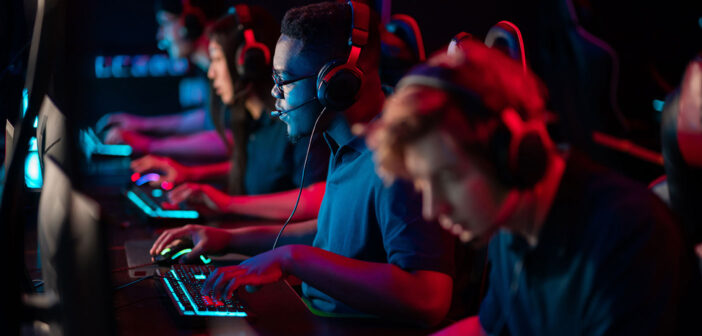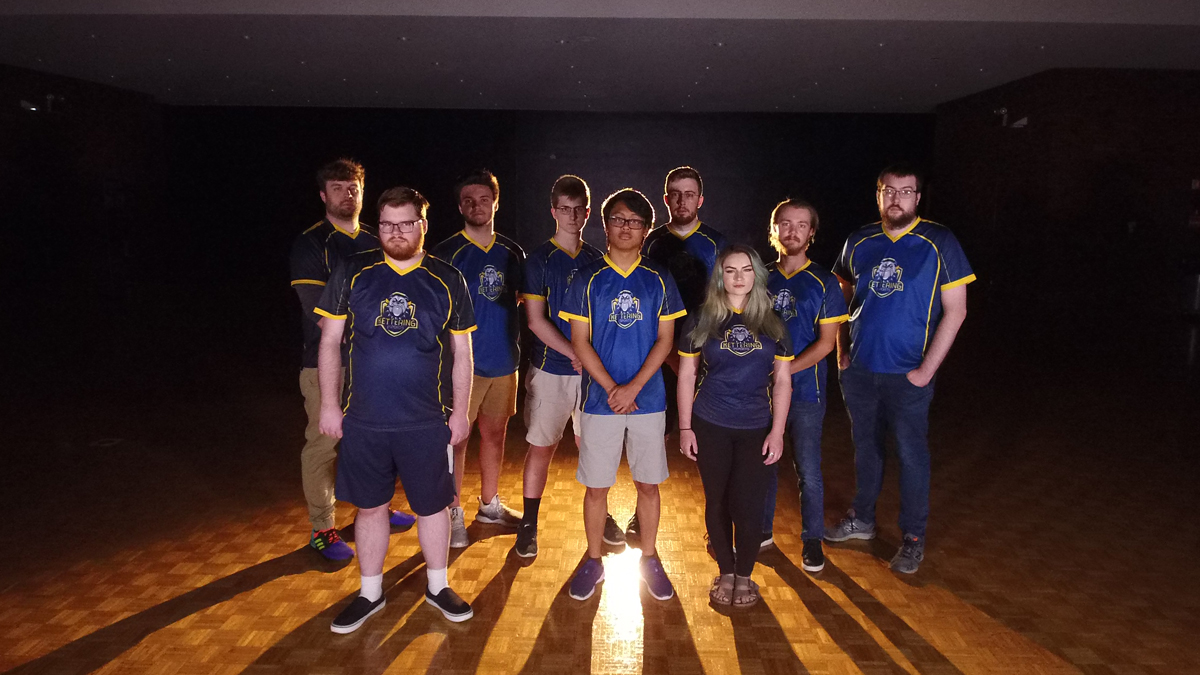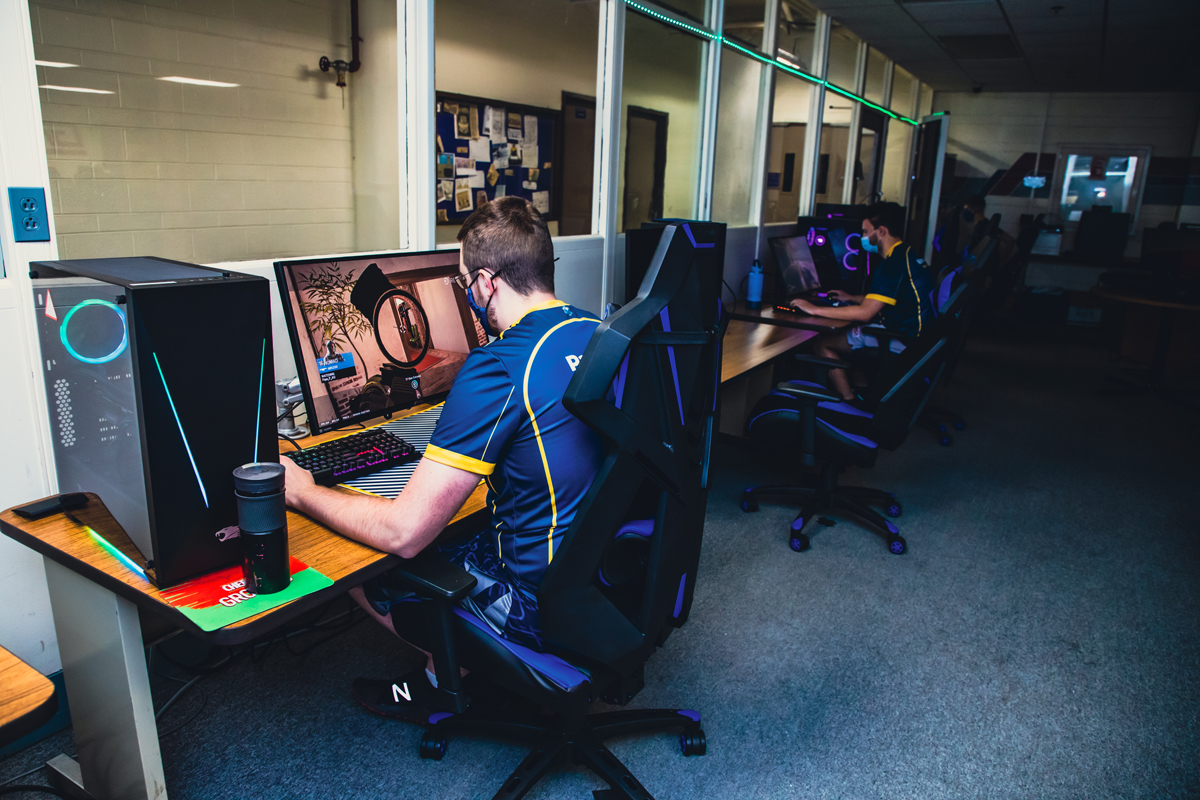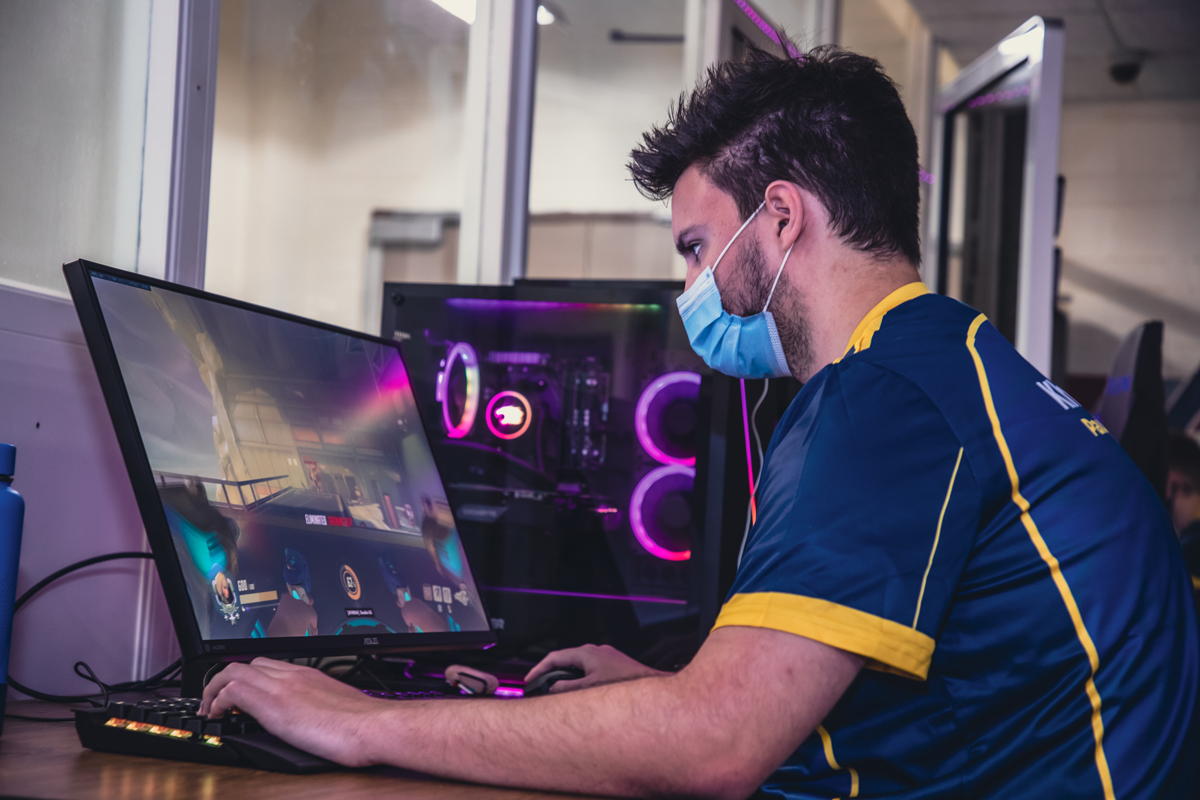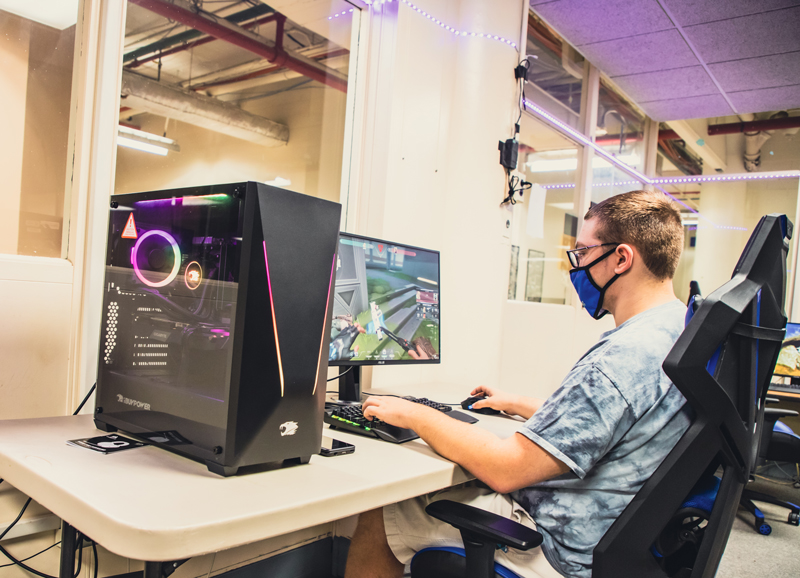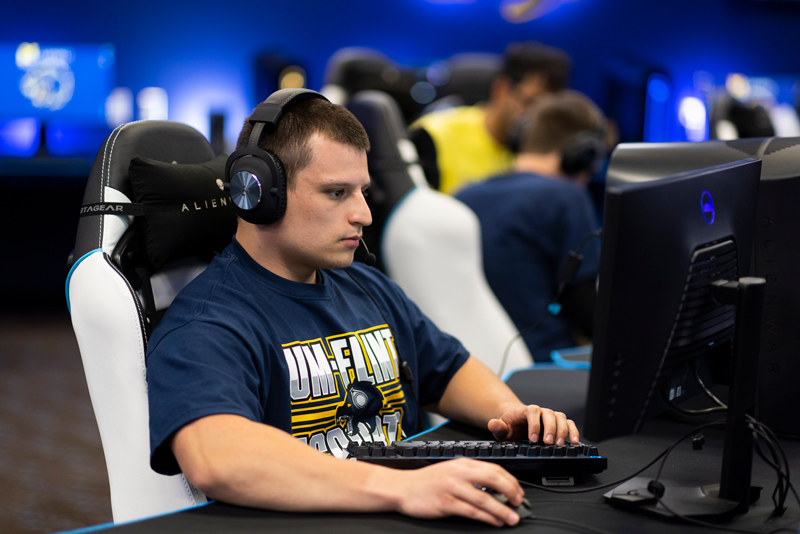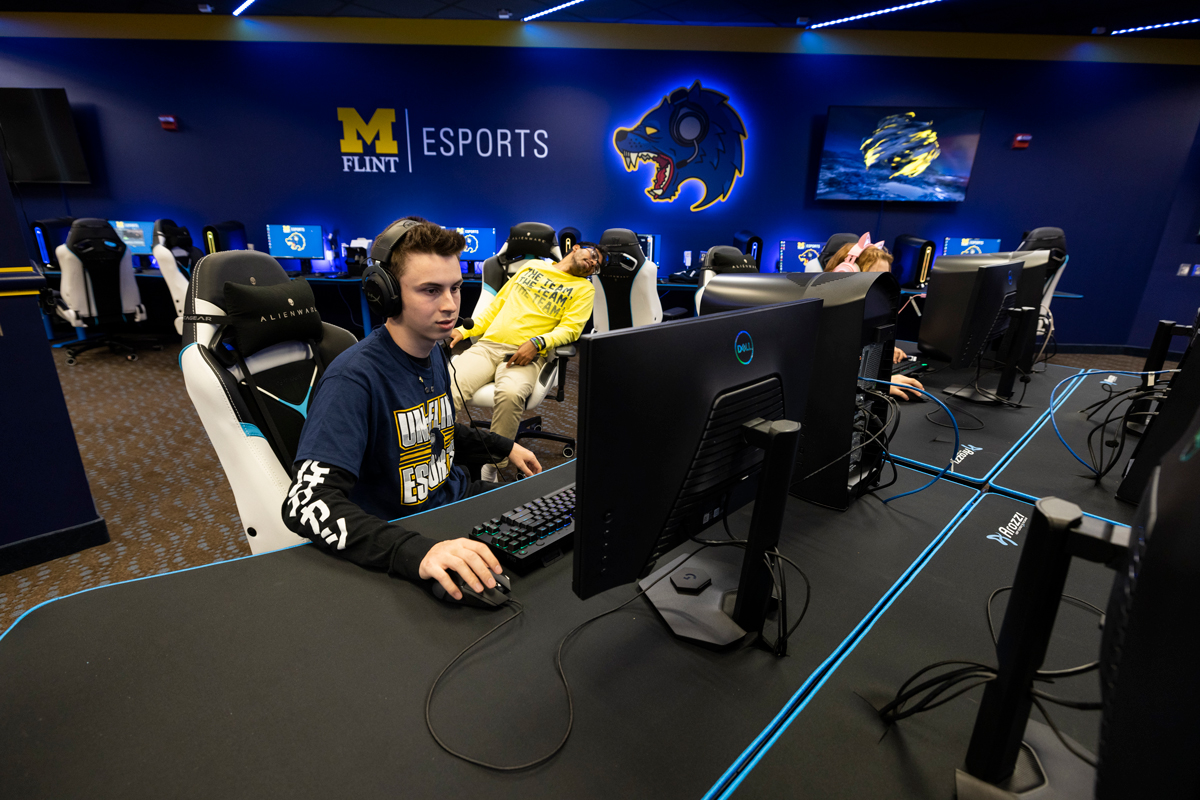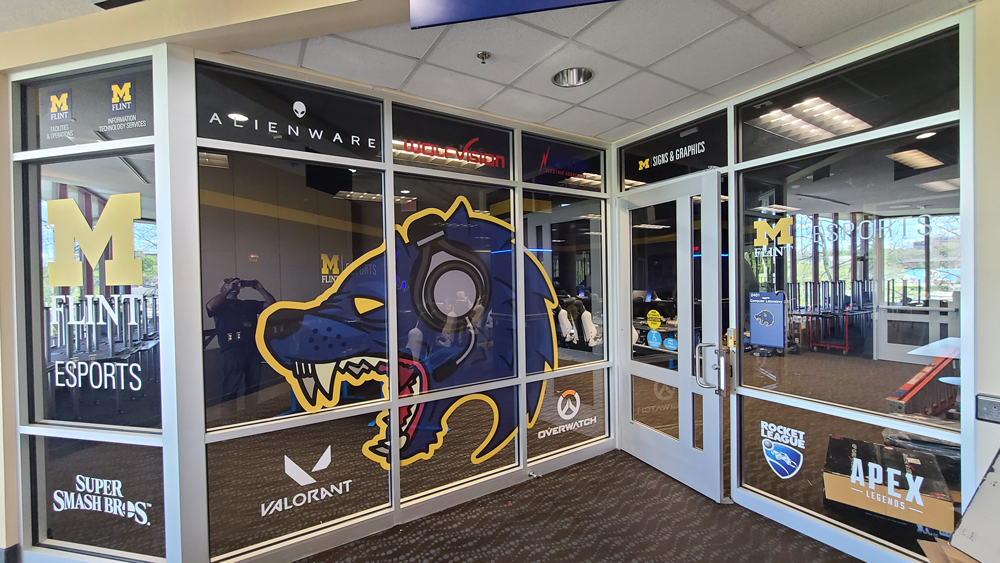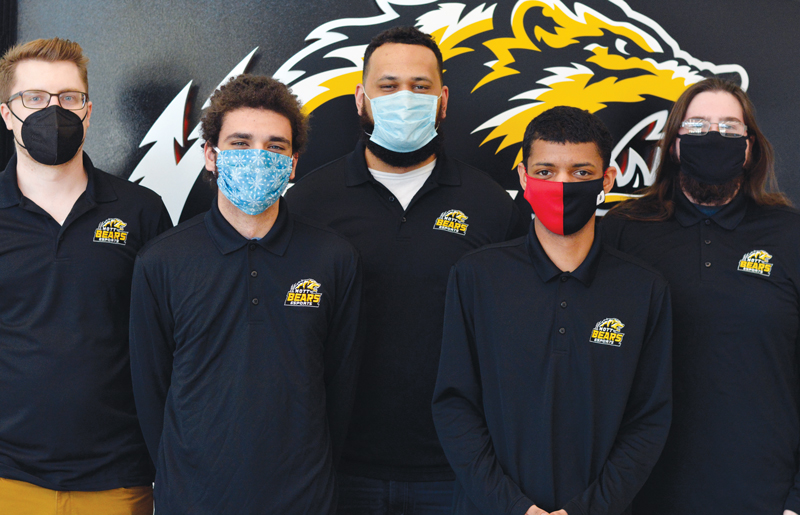In 2019, the “League of Legends” World Championship took place across three international locations (Madrid, Berlin, Paris) with 24 teams from around the globe competing for the grand prize. After a grueling tournament, the final match pitting team FunPlus Phoenix (China) against team G2 eSports (Europe) was viewed by over 100 million people, eclipsing the viewership of that year’s Super Bowl by nearly three million! When a hard-fought League of Legends match ended, team FunPlus Phoenix claimed victory and the $834,375 purse … eSports had officially arrived.
When the first video game was invented in 1958 (a tennis game), nobody put much stock in its future – it was merely an amusing pastime. In 1972, Stanford students held the “Intergalactic Spacewar Olympics’’ (the first video game tournament) and the world was given a brief look into the future. With the advent of arcades and then-in-home gaming machines such as Atari and Nintendo, gaming popularity skyrocketed. With advancements in internet technology, interest in eSports went worldwide.
In 2000, the first World Cyber Games were held in Seoul, South Korea, effectively launching today’s eSports phenomenon. Today, it is a nearly billion-dollar industry. Live events consistently sell out arenas around the world, including Philadelphia’s Wells Fargo Center where nearly 12,000 fans bought tickets at price points between $50 and $250 a seat. Philadelphia is currently building a separate eSports arena to cash in on its growing popularity. YouTube and Twitch have helped give rise to eSports star athletes and teams. Even the NBA has jumped into the game, with each team also fielding an eSports team to compete in a digital league. ESPN is also (at this time) in negotiations to televise eSports events.
In 2014, eSports went collegiate when Robert Morris University Illinois organized the first varsity team. Today, colleges across the nation have fielded varsity teams for a number of games including: League of Legends, Call of Duty, Overwatch, Rocket League, Super Smash Bros All Stars and others. Michigan is, in fact, one of the states leading the way with multiple teams ranked highly across the nation. At the time of this writing, Northwood University boasted the top teams in a variety of games. Genesee County holds three very competitive programs – Kettering University, Mott Community College and UM-Flint – that are ready to bring competitive video-gaming to the next level.
Kettering University eSports
Building a Contender
Photos courtesy of Kettering University
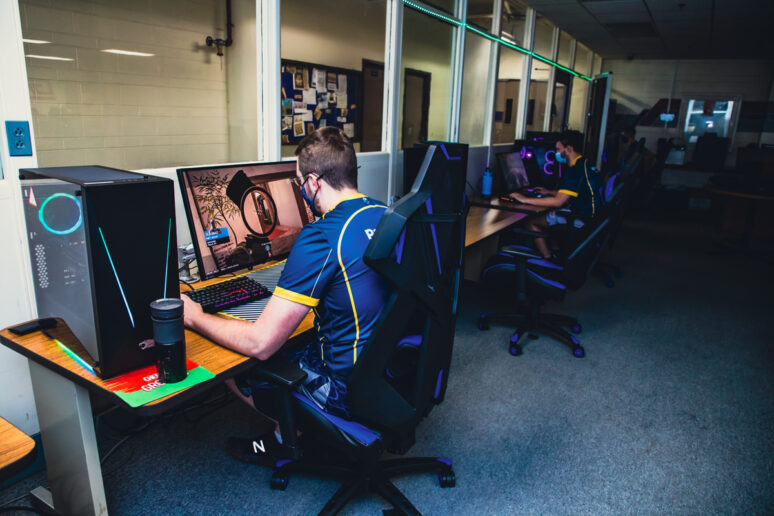
For team Head Coach Dan Nowaczyk, competitive video-gaming and Kettering University are a natural fit. “I had been pushing for it for six years,” he says. “Our former Vice President of Instructional, Administrative and information Technology, Viola Sprague, attended a conference in Ann Arbor and then sought approval from our president. He gave me the go-ahead. We sent out a survey to check buy-in and got nearly 500 responses – that’s a quarter of our entire student population!” he laughs. In fall of 2019, it was official and eSports became a varsity sport at Kettering.
In no time at all, Kettering’s team was making their presence known throughout the state.
“We are one of the founding members of the Michigan eSports Conference (MEC),” states Nowaczyk. “We are also a member of the National Association of Collegiate eSports (NACE) along with nearly 200 schools across the country.” Kettering competes in a variety of game titles such as Overwatch, League of Legends, Smash Ultimate, Rainbow Six, Rocket League and Valorant, and boasts a large team of nearly 74 members across titles. “We have a varsity team and an academy or ‘developmental’ team,” explains Nowaczyk. “In standard sports terms, our academy team can be considered junior varsity. We had over 50 students apply to try out this past year.”
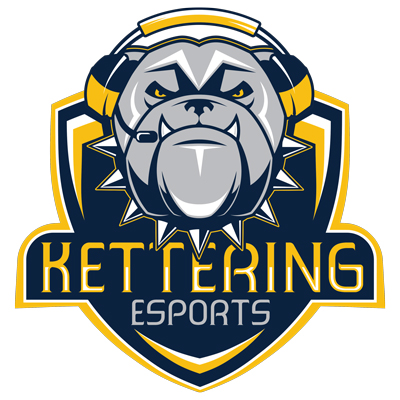 Kettering actively recruits individuals to compete for the school and scholarships are available for prospective students, offering up to $4,000 a year.
Kettering actively recruits individuals to compete for the school and scholarships are available for prospective students, offering up to $4,000 a year.
eSports is growing at an enormous pace and has seen the MEC, which started with eight members in Michigan, grow to nearly 20 schools within two years. “Michigan is the state that is leading the country in competitive eSports,” adds Nowaczyk. “Our programs are second to none. Having a good program can be a big boon to a small college.” Twitch streaming and YouTube channels can bring in much needed cash while tournament prize amounts continue to increase.
For sports traditionalists, the value of eSports can be lost. After all, video gaming doesn’t offer true physical interaction; however, Nowaczyk disagrees. eSports involves teamwork and skill just as much as any other competition – with one difference. “We function as any other athletic department would; I act as athletic director and head coach. We practice, and our team members must meet academic goals to compete,” he explains. “Most of our biggest tournaments are run in much the same way as March Madness or the World Cup, where a team is placed into a group and the winners of the groups advance to knock-out rounds. The only difference is who runs the tournaments and how they are organized.”
Currently, eSports doesn’t have an overall governing body; to this point, the NCAA will not have any involvement. Large, national tournaments are hosted by the game developers and for any smaller tournaments or matches (between MEC teams, for instance), the rights to use the games must be purchased or negotiated. “In standard sports, there are no patents to contend with,” Nowaczyk explains. “For instance, anyone can host a basketball tournament without paying for the rights to the game; that’s where eSports is a bit different.”
The Kettering University eSports team has hit the level of contender and hopes for a good finish to the year. “I would like to see Top 3 finishes this year,” says Nowaczyk. “Our teams are developing. We had a Top 3 placement in Rainbow Six and are hoping for our League of Legends team to qualify for the playoffs. Our program is beginning to hit its stride.”
UM-Flint eSports
Investing in the Future
Photos courtesy of university of Michigan–Flint
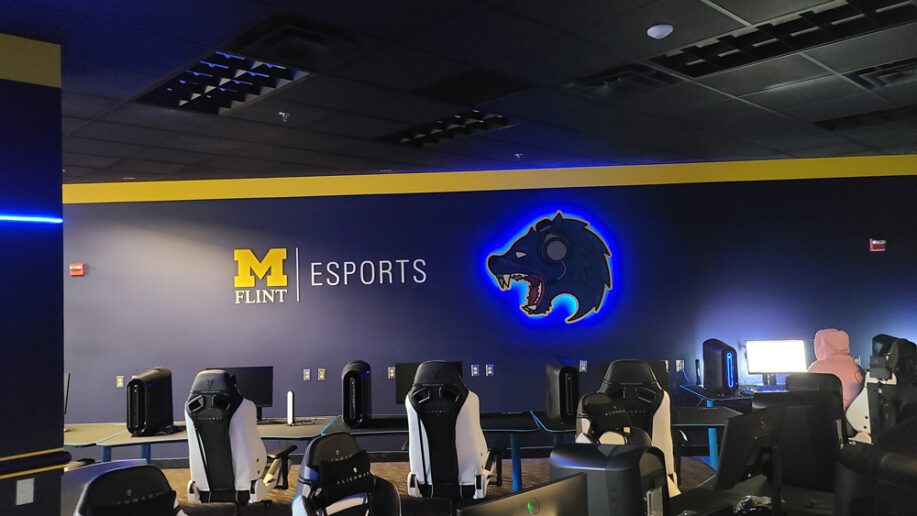
“We are UM-Flint’s first official varsity sport,” says UM-Flint eSports Coordinator, Jason Gooding. “We became official last fall at the start of the pandemic. We were fully remote and one of the only things on campus that kept going.” For Gooding, the idea to add eSports (competitive, organized video-gaming) for all UM-Flint’s students was a no-brainer. After all, he has been active in online eSports for years and knew of its potential as a recruitment and retention tool, community builder and revenue creator. “eSports is becoming huge,” he states. “When I started years and years ago, it was just beginning – we had to scrounge around to find teams to compete against. Now it’s everywhere – the best athletes are making six-figure incomes! Twitch streams and YouTube videos are pulling in revenue for colleges and professional gamers all the time. After I explained the concept, the buy-in from the college executive staff was immediate.”
UM-Flint eSports competes in the National Association of Collegiate eSports (NACE) as well as the Michigan eSports Conference (MEC) in a collection of games that includes Rocket League, Overwatch, Valorant, League of Legends, Rainbow Six and Apex Legends. eSports teams compete in national or local league tournaments, often going head-to-head in a battle for superiority. Recently, UM-Flint defeated Ohio State in its first NACE Starleague match of the season. “That’s the beauty of eSports. The size of the college doesn’t matter – it’s a level playing field,” states Gooding. In fact, UM-Ann Arbor has yet to construct a varsity eSports team, so it’s up to UM-Flint to carry the flag for the institution. “They did help with some design aspects of our eSports facility,” Gooding says with a chuckle. “They have really provided great support for us.”
For many who are used to viewing sports in the traditional sense, eSports may seem strange; but Gooding assures that it requires the very same structure and amenities as physical sports. The teams have business managers, trainers, support staff, coaches and infrastructure. His players practice weekly to work better as an efficient team or as stand-alone performers. The team is co-ed and consists of between 3-6 individuals, depending upon the game. College eSports athletes are held to the same standards as traditional athletes. At UM-Flint, they are required to visit the rec center for regular exercise and must maintain a 2.0 GPA. The team holds traditional tryouts and Gooding is constantly recruiting talent. The majority of colleges in NACE and the MEC offer scholarships to potential eSports athletes. “We are not there yet in terms of scholarships,” says Gooding. “We are talking about it. As it stands now, we don’t have the funding, but I am provided with some discretionary funds to help with books and such. We are open to donations.”
Gooding and his team are working hard to build the UM-Flint team into a national contender; but if they never win a championship, well, he would be okay with that. “Of course, we want to get to the level where we are competitive and in the running – but at the end of the day, I just want the students to succeed here at UM-Flint in education, life, and then eSports,” he says. “But I can tell you that I feel that we are right on the cusp of making an impact.”
Follow and view the UM-Flint team in action on Facebook, Twitch and Snapchat.
Mott Community College eSports
Exploring the Possibilities
Photos courtesy of Mott Community College
 In 2016, at the advent of big-time eSports competitions, Mott Community College (MCC) took notice. “Our President, Dr. Beverly Walker-Griffea, was passionate about having an eSports program at the school,” says MCC Athletic Director, Al Perry. “We started an eSports club for students at that time and had some success with it.”
In 2016, at the advent of big-time eSports competitions, Mott Community College (MCC) took notice. “Our President, Dr. Beverly Walker-Griffea, was passionate about having an eSports program at the school,” says MCC Athletic Director, Al Perry. “We started an eSports club for students at that time and had some success with it.”
As eSports exploded in popularity over the next few years, collegiate leagues began to develop and schools got serious about it. Most made the observation that eSports can be a boon to a school of any size as a recruitment tool and revenue source. MCC was already successful and highly competitive in multiple varsity sports such as cross country, basketball, softball and more in the National Junior College Athletic Association (NJCAA), and when the NJCAA created an eSports designation (NJCAAE), the decision to take the club to varsity level was an easy one. “The NJCAAE offers eight titles for competition. Currently, Mott participates in two – Super Smash Bros. and Valorant,” explains Perry. “We started varsity with four players and we now have between 20-30. The club is still in operation and acts as a feeder. We’ve already had real success at the national level with one of our players ranked third in the country last year in Smash Bros.”
MCC quickly began actively recruiting inside and outside students and offering scholarships to potentials, like any other varsity sport they offer. In fact, the eSports team must follow all of the qualification rules athletes in traditional sports must observe according to NJCAA guidelines, with the exception of full-time student status. “Our eSports athletes can be part-time students – that is the only difference between NJCAA and NJCAAE guidelines,” adds Perry. The team is coached by MCC staffer Zachary Stone, and MCC recently had to hire an assistant coach to keep up with demand as eSports continues to grow at a breakneck pace. “No doubt, the growth will continue,” says Perry. “I get calls from junior colleges across the country asking about our program and how to set up their own. We are moving toward building a designated space for the team to practice and compete together, and a video scoreboard for our gymnasium.” MCC is actively seeking athletes to compete across more titles, including Fortnite, Overwatch, Rainbow Six, Rocket League, Call of Duty and NBA2K.

As soon as MCC began their eSports program, it was a hit with students and the students continue to guide the program going forward. “We are going to expand into what the student body wants to compete in,” says Perry. “The beauty is that it’s available to everyone and brings a degree of diversity to our athletics department. I’ve found that it takes a different caliber of player for sure. I couldn’t do it!” he laughs.
Perry has been learning a lot about what it means to be competitive in video games and treats it as any other varsity sport offered at MCC. When a match is scheduled, he can’t wait to sit back and watch it unfold. “It has been an interesting two years seeing the program evolve,” he states. “When we have a match, I head over to our big screen at school, grab my popcorn and settle in. Honestly, it’s a good thing that we have announcers for our Twitch stream, because I would be lost without them. It’s just as exciting to watch as anything else.”
You can view the Mott eSports team in action at twitch.tv/mottplays

